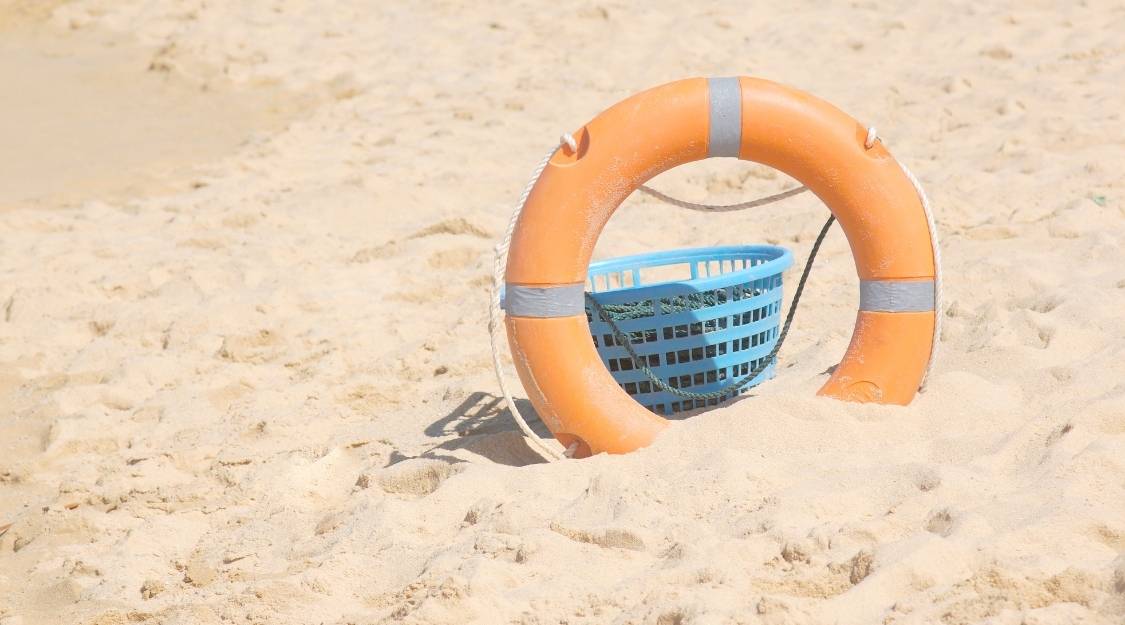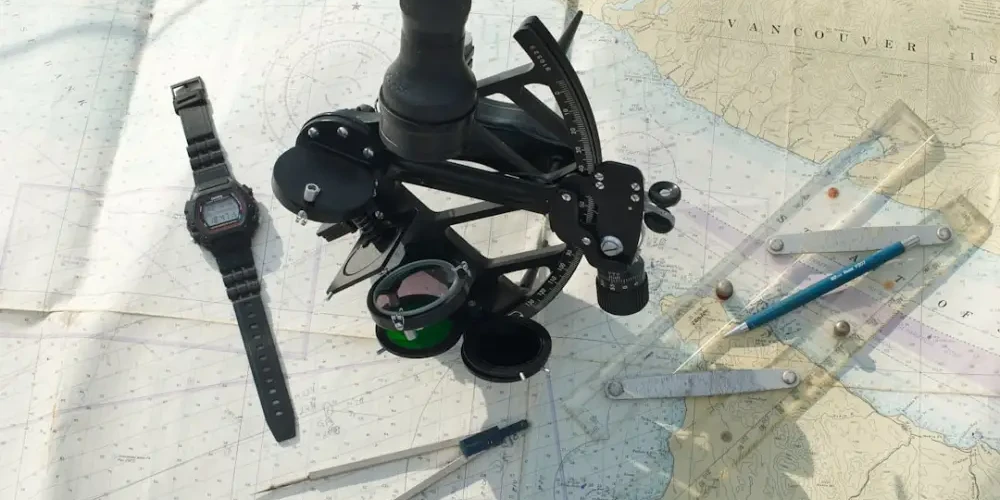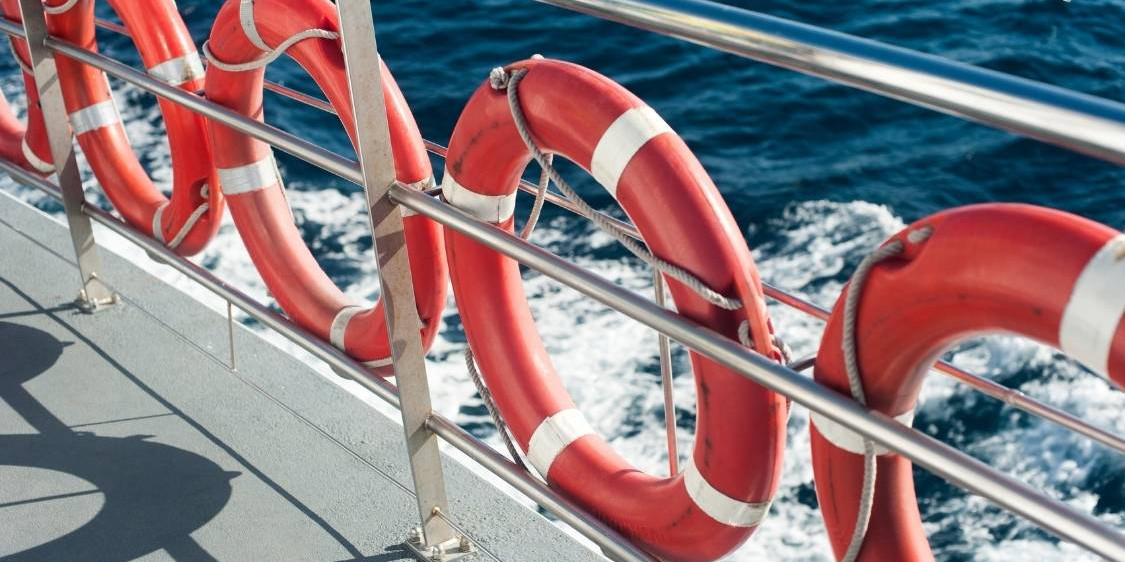The open sea offers freedom, adventure, and opportunity—but it also comes with significant risks. Whether you are a seasoned mariner, a commercial fisherman, or a recreational boater, maritime safety should always be your top priority. With unpredictable weather, powerful waters, and the demands of long journeys, preparation and awareness can mean the difference between smooth sailing and serious danger.
Here are the top 10 maritime safety tips every seafarer should know to protect themselves, their crew, and their vessel.
1. Wear Proper Safety Gear
Life jackets are non-negotiable. Ensure they are the right size, Coast Guard-approved, and easily accessible for everyone onboard. Personal flotation devices save lives—period.
2. Check Weather Conditions
Always review weather forecasts before departure and remain alert to changes at sea. Sudden storms can put even the most skilled sailors in jeopardy.
3. Maintain Reliable Communication Tools
Equip your vessel with a marine VHF radio and backup devices. Satellite phones and emergency beacons (EPIRBs) provide critical lifelines when standard communication fails.
4. Conduct Regular Vessel Inspections
Inspect your boat for leaks, engine issues, and electrical hazards before every voyage. Routine maintenance prevents accidents caused by equipment failure.
5. Follow Navigation Rules
Adhering to maritime navigation rules reduces collisions. Learn and apply the “rules of the road” for safe passage on busy waters.

6. Prepare a Float Plan
Always inform a trusted contact of your travel details, including departure time, route, and estimated return. This simple step speeds up rescue efforts if something goes wrong.
7. Stock Essential Safety Equipment
Fire extinguishers, first aid kits, signaling devices, and survival gear should be checked regularly and kept in working order.
8. Practice Emergency Drills
Crew members should be trained in man-overboard recovery, fire response, and abandon-ship procedures. Drills build confidence and cut panic during real emergencies.
9. Stay Sober and Alert
Alcohol and fatigue impair judgment at sea. Staying clear-headed ensures fast reaction times and sound decision-making in unpredictable situations.
10. Respect the Ocean
Perhaps the most important tip—never underestimate the sea. Conditions can shift quickly, and a cautious, prepared mindset will always serve you best.
Why Maritime Safety Is Non-Negotiable
The ocean is unforgiving, but with proper training, preparation, and awareness, accidents can be prevented. By adopting these safety practices, seafarers not only protect themselves but also safeguard their crews, cargo, and communities that rely on safe maritime transport.




